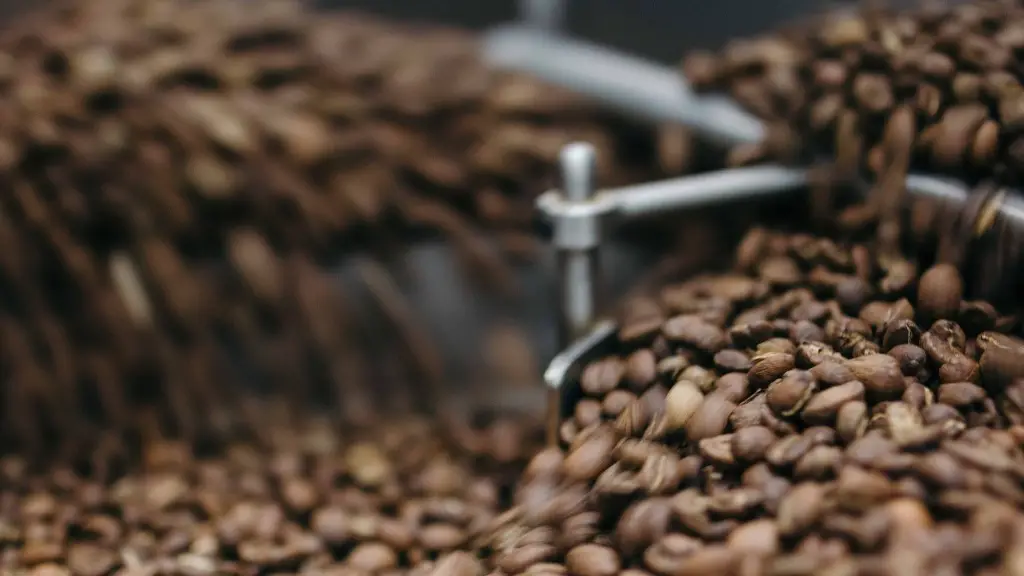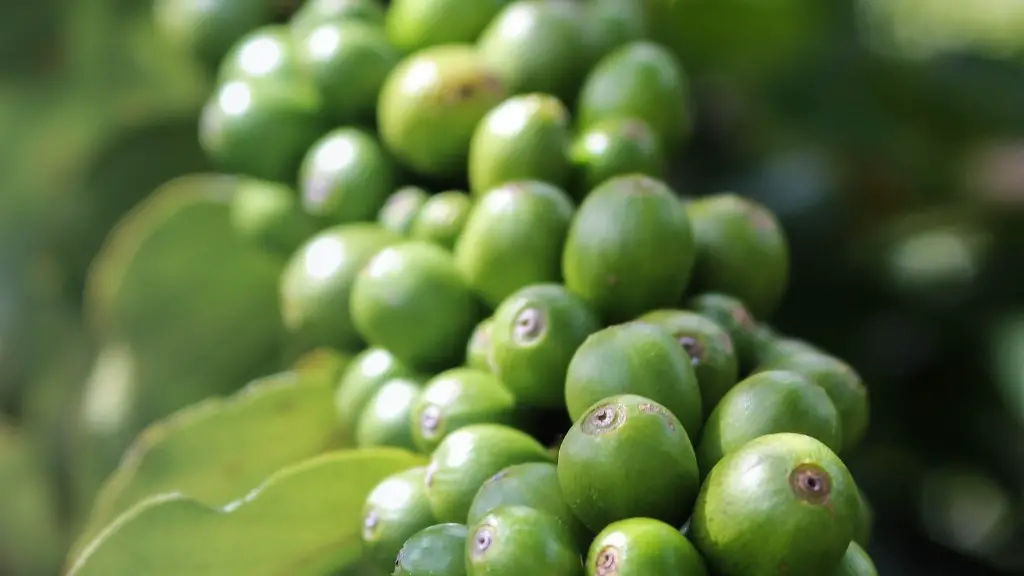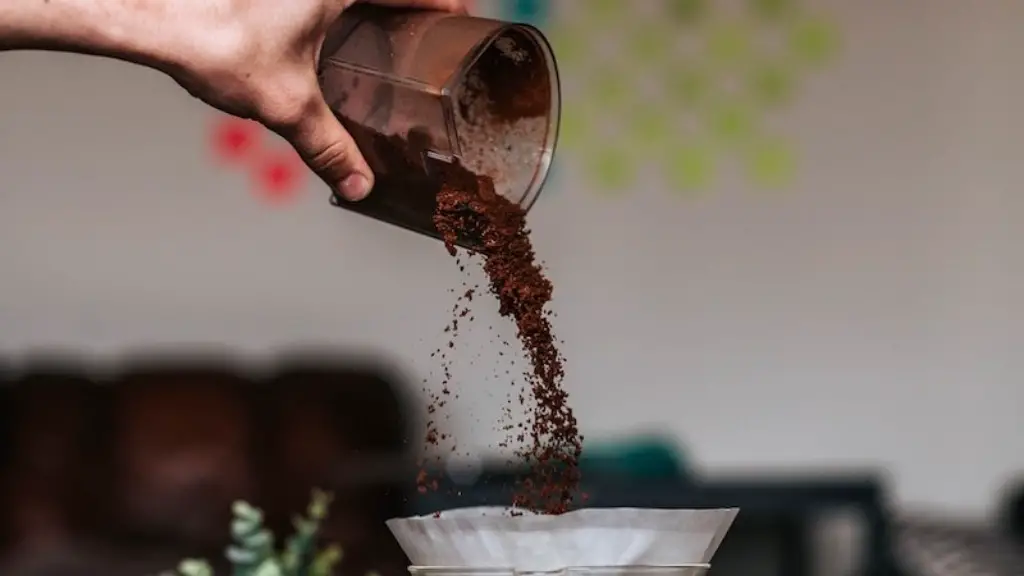Coffee is a popular beverage that provides a range of health benefits. However, many people wonder whether they can drink coffee after wisdom teeth surgery. This article addresses this question, providing background information, relevant data, expert perspectives, and insights into this topic.
Wisdom teeth surgery is a common dental procedure in which the third molars, or wisdom teeth, are removed from the mouth. This is usually done when the teeth become impacted from overcrowding or a lack of room for eruption. After the surgery, the patient usually experiences some degree of pain, swelling, and bruising. The healing process can take several weeks and requires the patient to take certain precautions.
One of the most commonly recommended precautions is to avoid certain foods for a certain period of time. It is important to avoid hard, crunchy, and chewy foods that can damage the healing tissue, irritate the wound, and increase the risk of infection. Coffee is considered a type of drink to avoid after wisdom teeth surgery, as its acidity can irritate the area and disrupt the healing process.
However, there is some debate as to whether coffee is really bad for healing after wisdom teeth surgery. A 2019 study looked at the effects of caffeine on the healing process after wisdom teeth surgery. The study found that consuming caffeinated beverages was associated with a shorter healing time and no increase in bleeding or infection. Another study also looked at the effects of drinking coffee after wisdom teeth surgery and found no evidence of adverse effects.
These findings suggest that coffee may not be as bad for healing after wisdom teeth surgery as previously thought. However, it is important to note that other restorative factors, such as general health, are also important for a successful outcome. Therefore, it is best to consult with a health care professional for advice about whether coffee is appropriate in the post-surgery period.
Overall, it appears that coffee may not be as bad for healing after wisdom teeth surgery as previously thought. However, this does not mean that coffee should be consumed in large quantities or consumed immediately after surgery. Drinking coffee should be done in moderation while healing and should not be used to replace other healthy behaviors like proper rest and hydration.
Pain Relief
After wisdom teeth surgery, pain is one of the primary symptoms that a patient may experience. Pain can be managed with a few over-the- counter medications, such as ibuprofen. However, some patients may find that coffee can help alleviate the pain. This can be due to its natural anti-inflammatory properties, as well as its natural effect of providing temporary pain relief.
Coffee can be especially helpful for those who are experiencing mild to moderate pain after wisdom teeth surgery. For those with severe pain, more powerful pain medications may be necessary. Additionally, caffeine should be used in moderation in order to avoid potential side effects such as insomnia or jitteriness.
When using coffee for pain relief, it is important to note that the most effective form is non-caffeinated drinks. Decaffeinated coffee can be just as beneficial as caffeinated coffee in providing pain relief while avoiding the side effects associated with caffeine.
Overall, coffee can be used for pain relief after wisdom teeth surgery when used appropriately. However, people should always consult with their health care professional for advice about what is best for them.
Benefits of Coffee
Despite its possible risks, the potential benefits of coffee are undeniable. Coffee is high in antioxidants, which have been found to have numerous health benefits. Antioxidants help protect cells from damage caused by free radicals, which can lead to inflammation and disease. Additionally, coffee has been linked to a lower risk of developing certain types of cancer and neurological diseases.
Coffee can also be a useful tool in weight management. Studies have found that caffeine can increase metabolism and boost fat burning, thus helping to aid weight loss. Coffee is also a diuretic, which helps to increase water loss in the body.
Caffeine can also provide a mental boost, which can be useful after wisdom teeth surgery. Caffeine is a stimulant that can increase mental alertness and concentration, making it easier to focus and complete tasks. Additionally, it may help to improve mood and reduce fatigue.
Alternatives
For those who are still concerned about drinking coffee after wisdom teeth surgery, there are a few alternatives. Teas, such as green and white tea, are a good option. They contain less caffeine than coffee, but still provide many of the same health benefits. Non-caffeinated herbal teas, such as chamomile, are also a great choice.
Smoothies are another great option for post-surgery recovery. They are hydrating and provide a range of nutrients, but have no caffeine. Additionally, juices made from vegetables and fruits can also provide important vitamins and minerals without the caffeine.
Overall, there are a variety of alternatives to coffee that can be used after wisdom teeth surgery. However, it is important to check with a health care professional before consuming any type of caffeine-free beverage.
Diet and Nutrition
In the weeks after wisdom teeth surgery, it is important to ensure that the body is getting the nutrients it needs for a successful recovery. Diet and nutrition play a major role in the healing process as they are important for supporting the overall health of the body. Eating a nutrient-dense diet and avoiding junk foods can help speed up the healing process and reduce the risk of infection.
It is important to drink plenty of fluids to maintain adequate hydration. Water is the best choice, but electrolyte-enriched beverages can also help prevent dehydration. Additionally, increasing the intake of foods rich in vitamins and minerals can be beneficial after wisdom teeth surgery.
Foods high in calcium, magnesium, and phosphorus, such as dairy products and green leafy vegetables, can help to promote healing and reduce pain. Additionally, foods rich in protein, such as lean meat, fish, eggs, and legumes, can help to support the body and aid in the recovery process.
Overall, diet and nutrition are an important part of recovery after wisdom teeth surgery. Eating a healthy, nutrient-dense diet can help to promote healing and reduce pain.
Conclusion
In conclusion, it is important to be mindful of what is consumed after wisdom teeth surgery. Coffee may not be as bad for healing after wisdom teeth surgery as previously thought, but drinking it in moderation while healing is always best. Additionally, alternatives like tea and smoothies are good options for those who are looking to avoid caffeine. Finally, a healthy diet and adequate hydration are important for an effective recovery.





